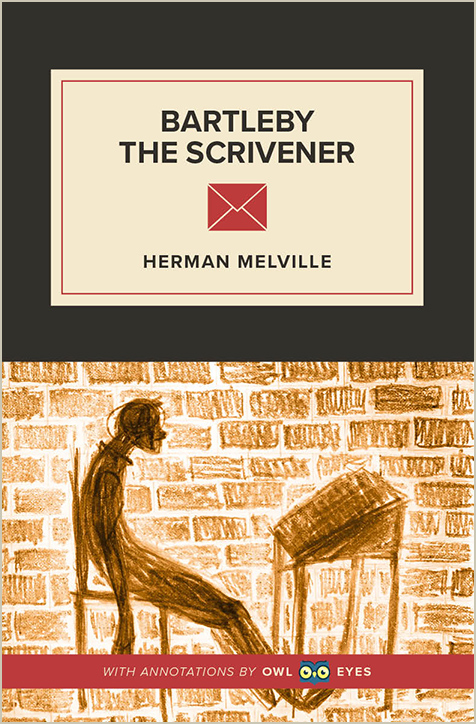

Their occupation was the writing of confidential documents such as wills, charters and legal documents.

"Scriveners have always been, by definition, writers and they were originally known as Writers of the Court Letter. The legal profession has evolved to create a specialized type of scrivener, much akin to a solicitor, a title attorney, or a notary.Īccording to the Scrivener's Company of London: In some jurisdictions, the term has retained some significance in the legal profession as to writing, and is equivalent to a legal stenographer or a court reporter. of many persons, as well of the said City as of many countries of the realm, and to the damage and offence of all the good and lawful men of the said craft." for want of good rule, many mischiefs and defaults are, and have often been, committed in the said craft by those who resort to the said City from divers countries, as well chaplains and others, who have no knowledge of the customs, franchises and usages of the said City, and who call themselves scriveners and undertake to make wills, charters and all other things touching the said craft the fact being that they are foreigners and unknown, and also less skilled than the scriveners who are free of the said City and who for a long time have been versed in their craft and have largely given of their means for their instruction and freedom therein, to the great damage. In 1373, one finds the term in a request made of Edward III wherein he was asked to create a scriveners guild to ward against ill-qualified scriveners: Thus, historically, the profession of scrivener was considered an excellent stepping stone to a career as a lawyer. Often, these documents would be of legal import such as a deed of sale or a will. Up to the 1900s, when the number of literate people began to approach the number of illiterate, the scrivener would occupy himself ands sell his services reading and writing documents.


 0 kommentar(er)
0 kommentar(er)
